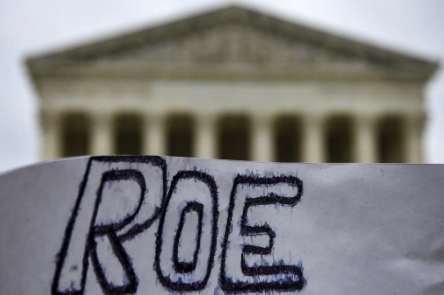
The anti-abortion movement has long argued that reversing Roe v. Wade would strengthen American democracy. Roe, the argument goes, short-circuited a process of state-by-state debate and compromise, freezing the democratic process and imposing a single abortion solution on the nation. Undoing the constitutional right to abortion, then, is seen as a win for democracy — a first step in allowing each state to set its own policy.
The Supreme Court stresses this point in its opinion overturning Roe, going so far as to suggest that Roe is at the root of the polarization of American politics and the partisanship of our courts. Overturning it, the court argues, will move us a step closer to national sanity — or at least states can reach their own decisions and leave one another alone.
The problem with this argument is that history gives us no reason to believe it. Opinions about legal abortion were polarized before 1973, and Americans have held vastly different views about abortion since at least the 1960s. […]











The headline to this article is quite misleading. What the reversal of Roe actually does is to reveal to large segments of the public how little influence they have in the political process.